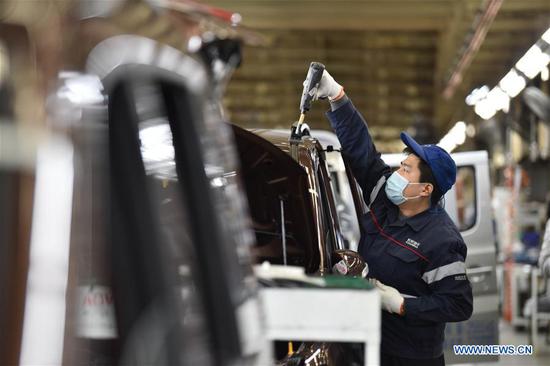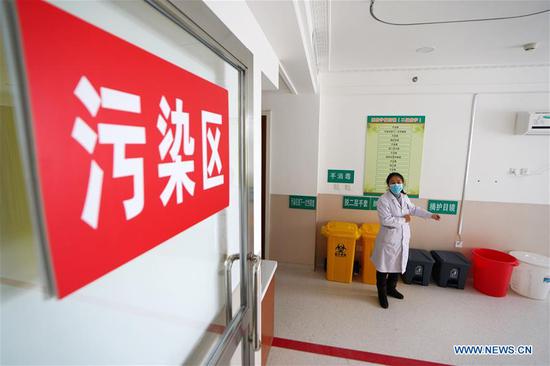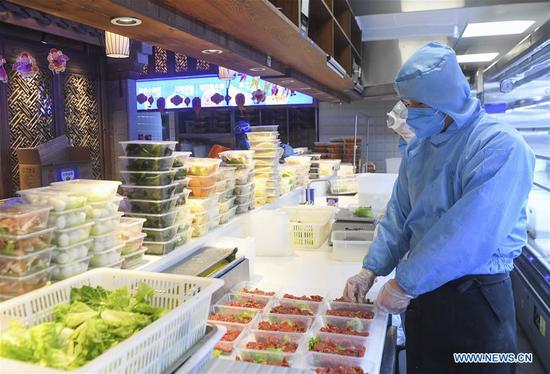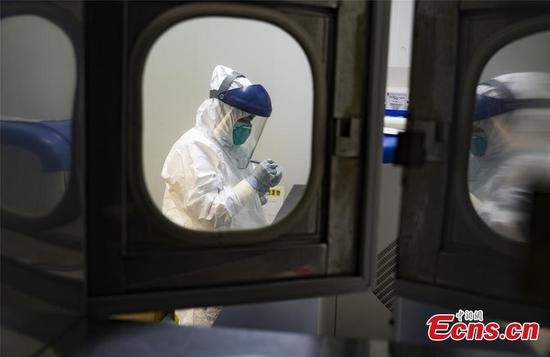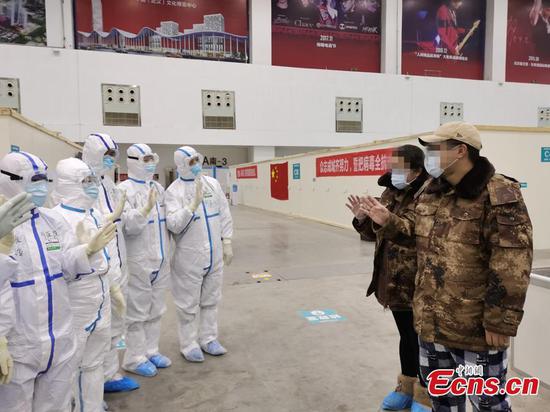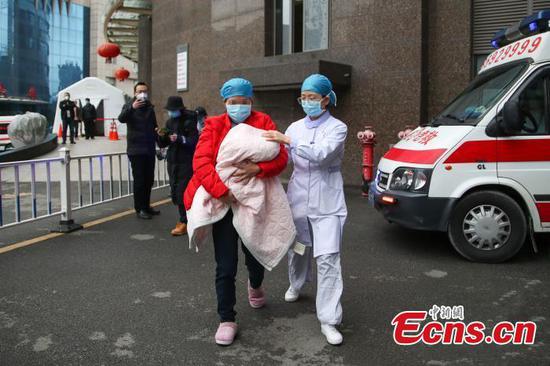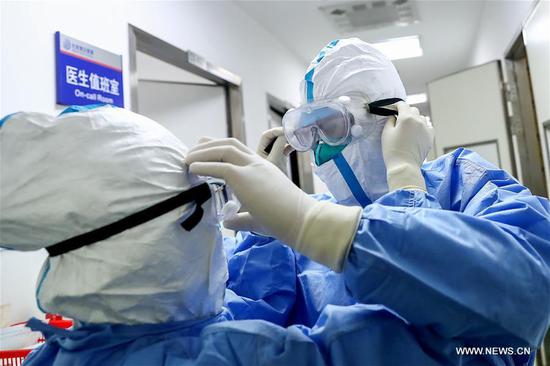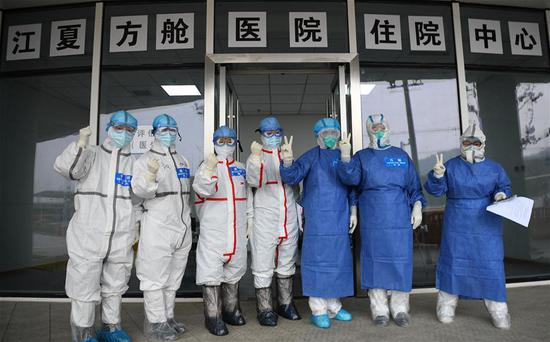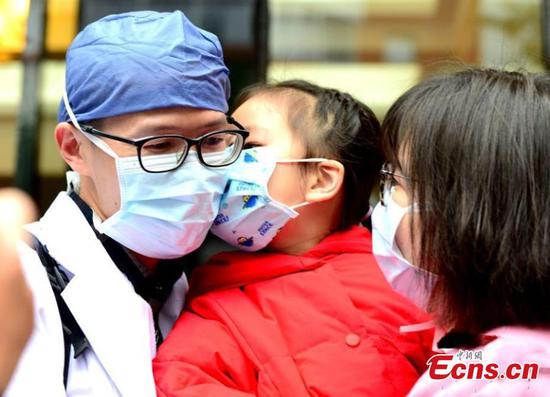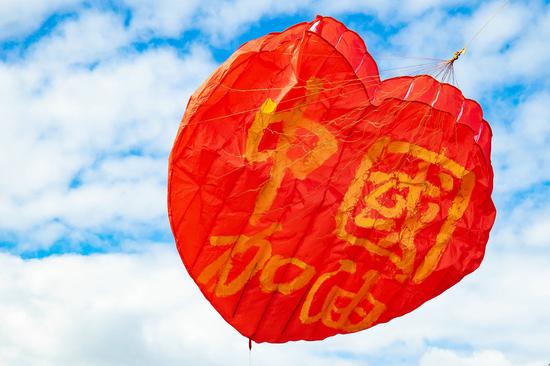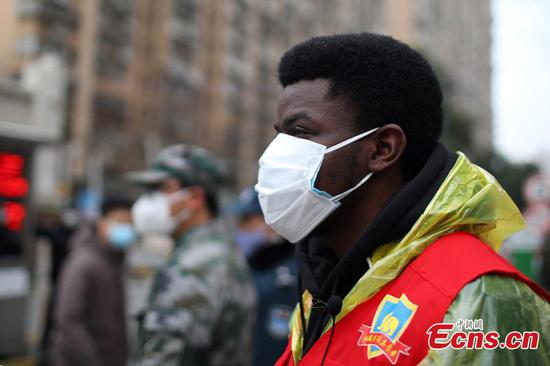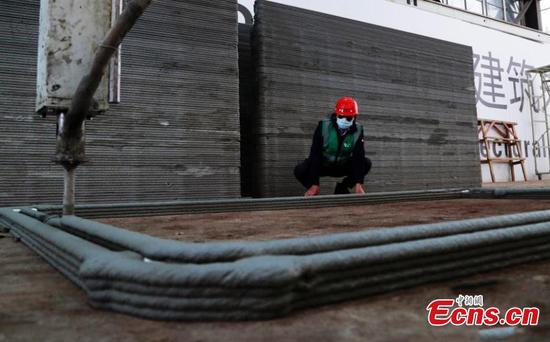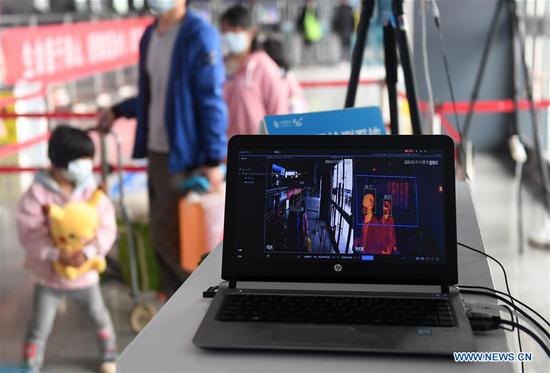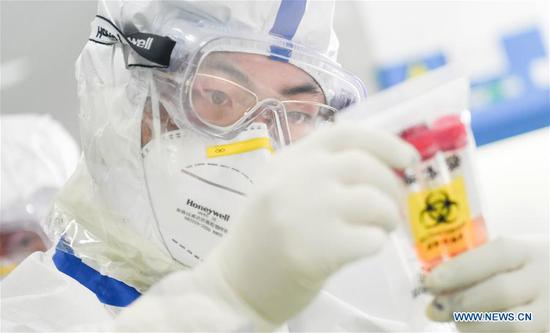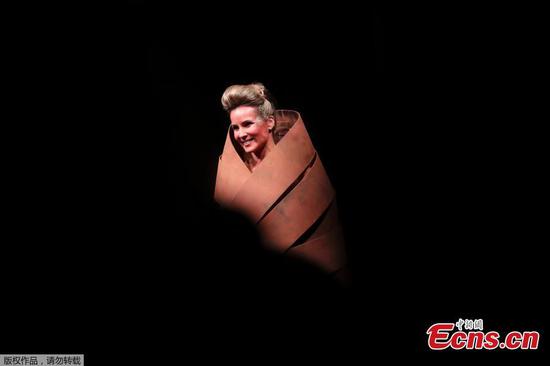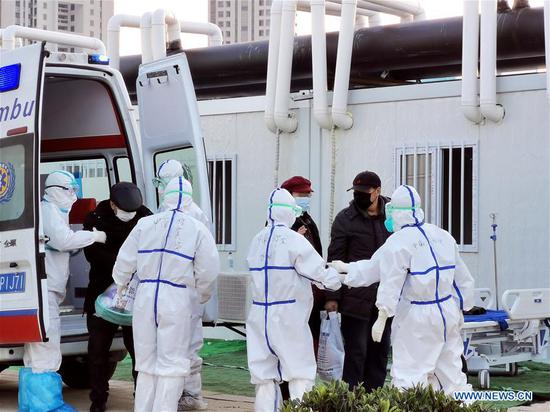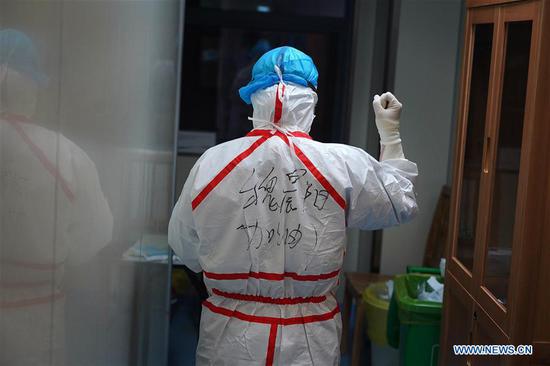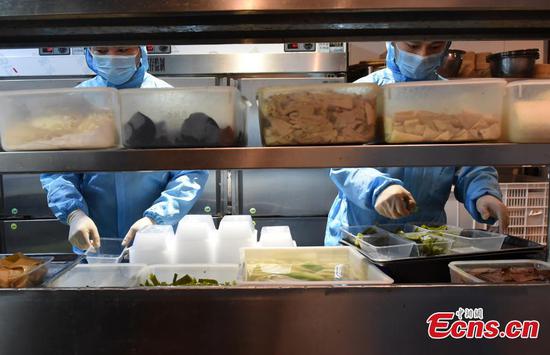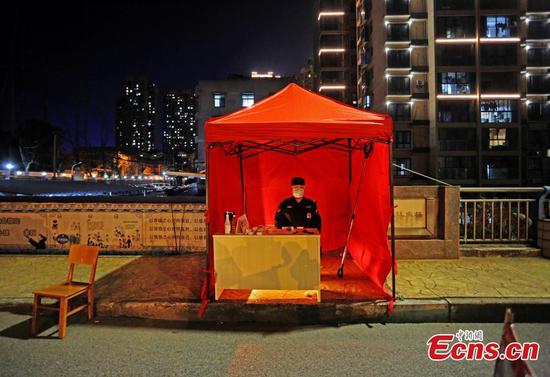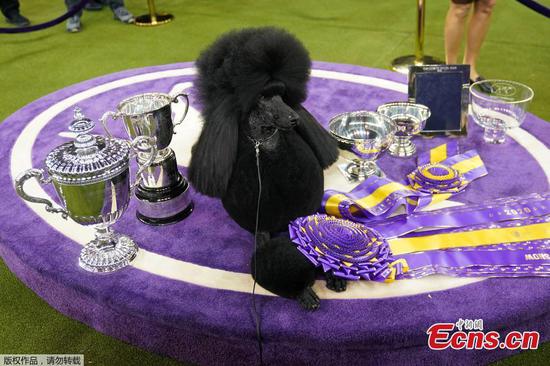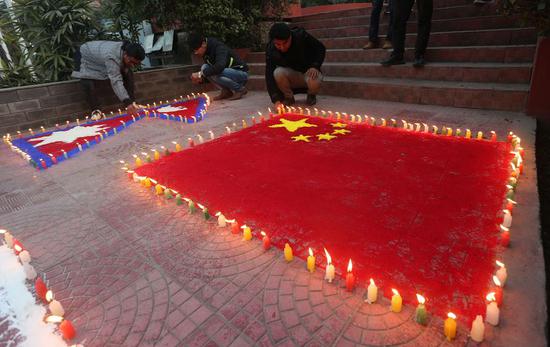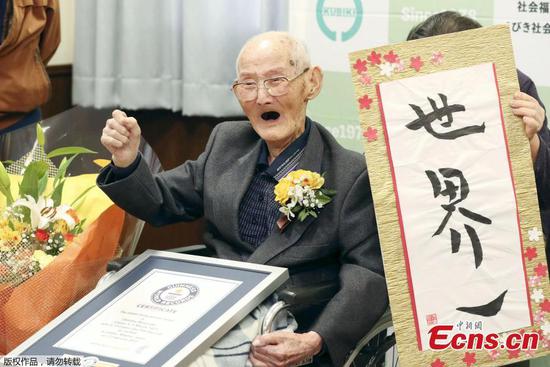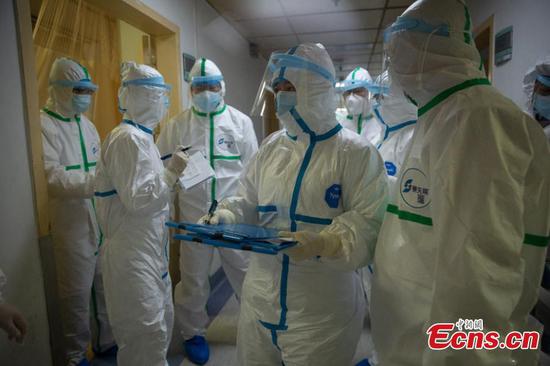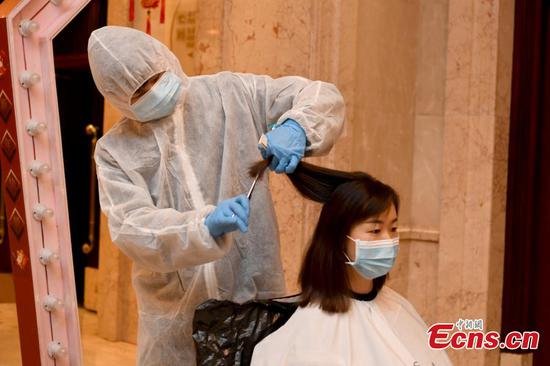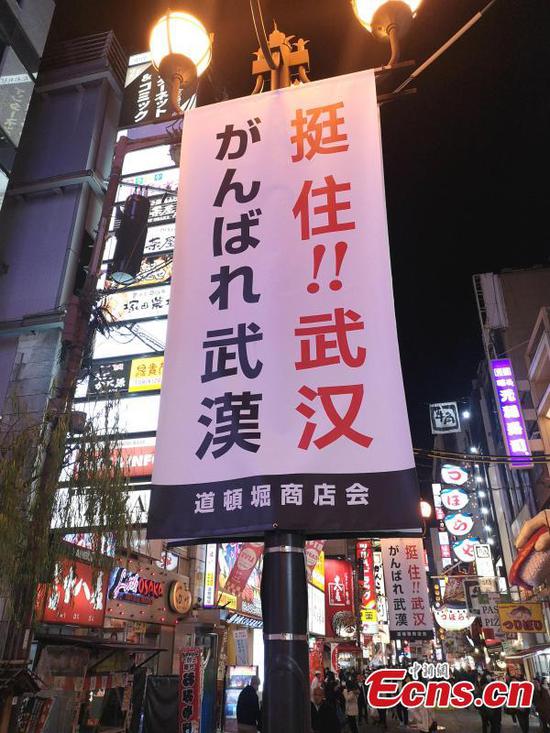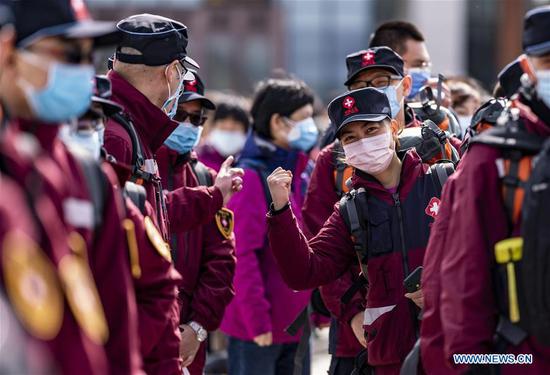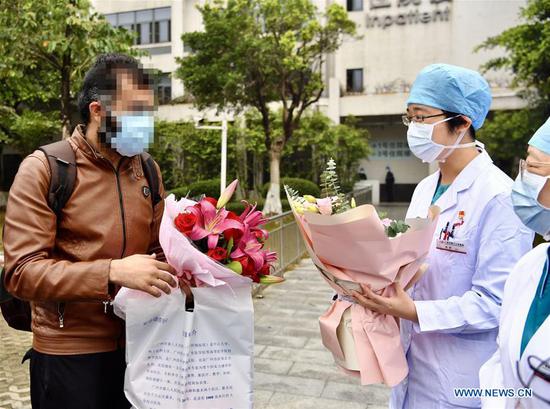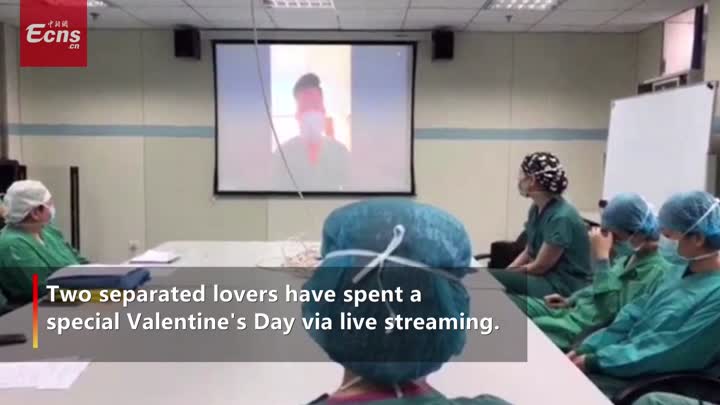Racial prejudice rears its ugly head
As China races to contain the novel coronavirus pneumonia outbreak and minimize its international spread, Chinese people living abroad are battling stigma and discrimination.
In the United States, only 15 cases of infection of the virus have been confirmed, and the immediate risk to the public remains low. But false health information has circulated, including warnings to avoid Asian food and Asian-populated areas. A barrage of vicious comments and derogatory jokes about Chinese or Asians in general has also gathered steam online.
Former U.S. ambassador to China Gary Locke said, "These negative, uninformed comments only stress the need for U.S. public health officials and government leaders to do a better job of educating the public about the virus, how it is spread and how to protect themselves."
Nancy Messonnier, director of the National Center for Immunization and Respiratory Diseases in the United States, stressed that there is no need for people to fear Asians in their community. "It's unfortunate. It really saddens me to hear these stories," she said.
Bias: Uninformed comments made
Marybeth Sexton, assistant professor in the Division of Infectious Diseases at Emory University School of Medicine in Atlanta, said, "All of the infected patients are either isolated at home or hospitalized, and public health officials are closely monitoring anyone else who is at high risk of having had exposure. There's no reason to assume that anyone you meet in public, of any ethnic or racial background, poses a risk to you."
It is critical that the U.S. public guards against any xenophobia surrounding the outbreak and let common sense prevail, as urged by officials, doctors, entrepreneurs and experts at the CDC.
Observers said the "virus" of misinformation and disinformation, which might be used to spread xenophobia, could pose a greater danger than the novel coronavirus pneumonia outbreak itself, and concern over public health should not justify any anti-Asian racism.
Stereotyping fight
During a news conference last week, UN Secretary-General Antonio Guterres said, "It's easy to move into ... perspectives in which there tends to be discrimination; there tends to be violation of human rights; there tends to be stigma on innocent people just because of their ethnicity."
In recent weeks, an 8-year-old boy from Washington state, who was wearing a facemask, was told by a worker at a sample stand in a Costco outlet to "go away" because he may have come from China, while students at Columbia University in New York City were welcomed by a Chinese-language message reading, "Wuhan virus isolation area".
The health services center at the University of California at Berkeley listed xenophobia toward Asians as a "normal reaction" in an Instagram post on managing fear and anxiety about the outbreak; videos of Asians eating bats accompanied by inaccurate speculation about the cause of the virus and dehumanizing comments went viral; and The Wall Street Journal published an opinion piece titled "China is the Real Sick Man of Asia."
Reports of such racist incidents have sparked public outcry, prompting many to speak out and actions to be taken.
Costco has since apologized to the boy and his family; Columbia University has called on students to report any racist incidents; UC-Berkeley has revised its handout, which now reads, "Be mindful of your assumptions about others" and "Self-awareness is important in not stigmatizing others in our community".
The bat-eating video was shot in the Pacific island nation of Palau, where the dish is a delicacy; and social media users have accused The Wall Street Journal article of resurrecting an archaic stereotype while making light of a serious outbreak. An online petition, demanding an apology from the newspaper to the Chinese community and either a retraction of the article or a rectification of the headline raised more than 113,000 signatures in just days.
Meanwhile, Peter Koo, a New York City Council member for a district that includes Flushing, where more than one-third of the 150,000 residents are Chinese Americans, warned against calling the virus "Wuhan coronavirus" or "China coronavirus."
"Viruses are color-blind. Naming a virus after a country or a city is an unfair insult that exacerbates discrimination against people from China," Koo said.










